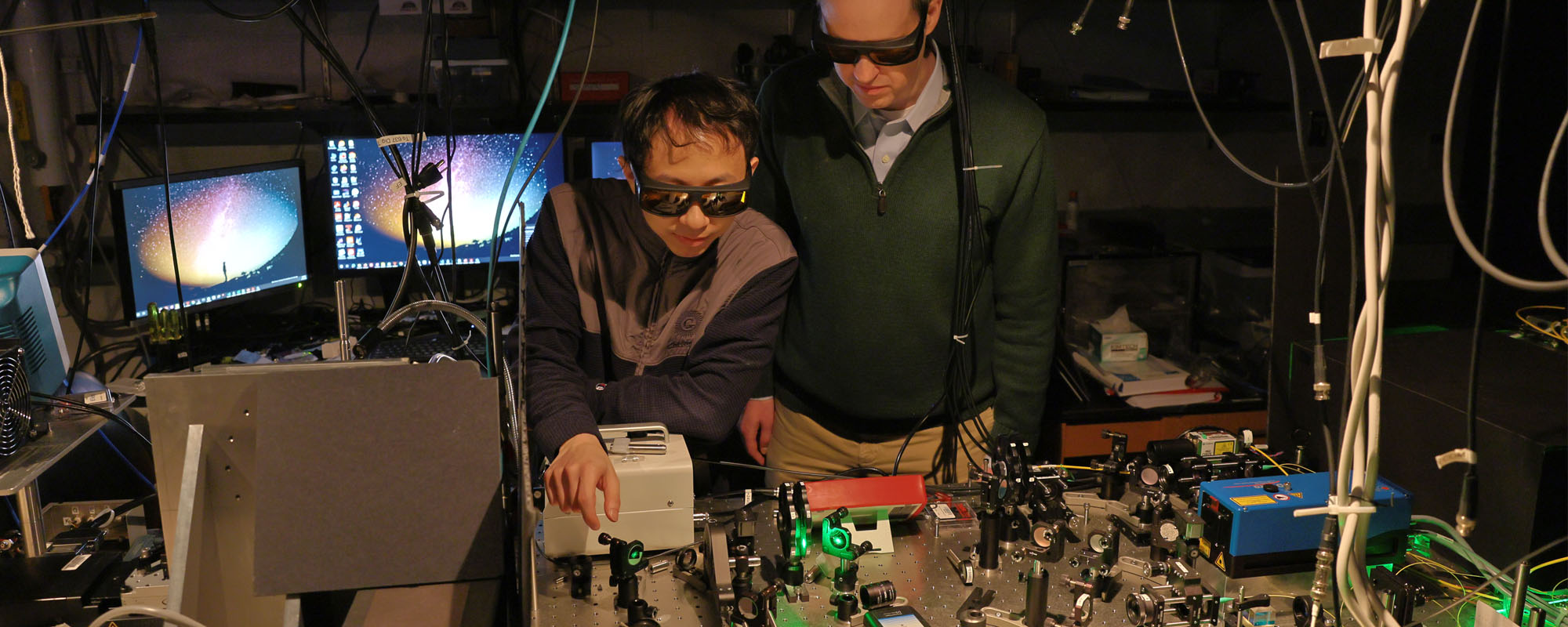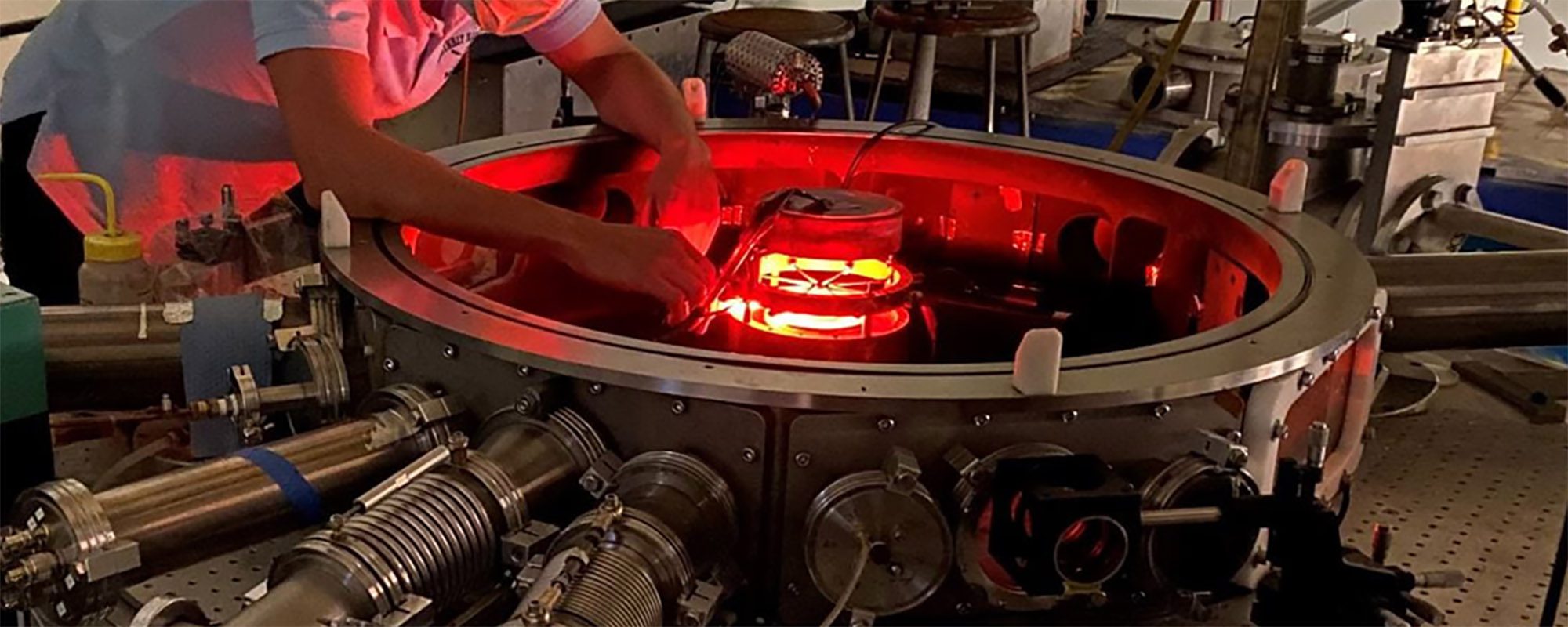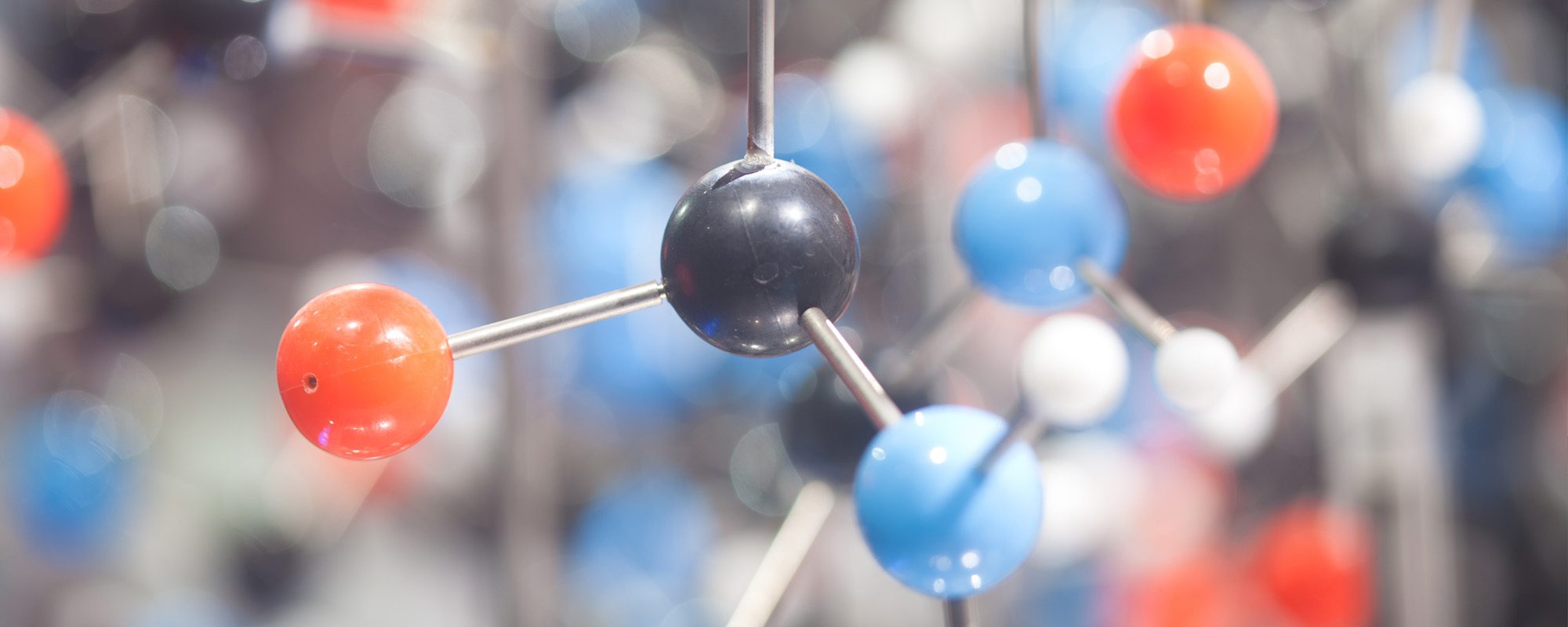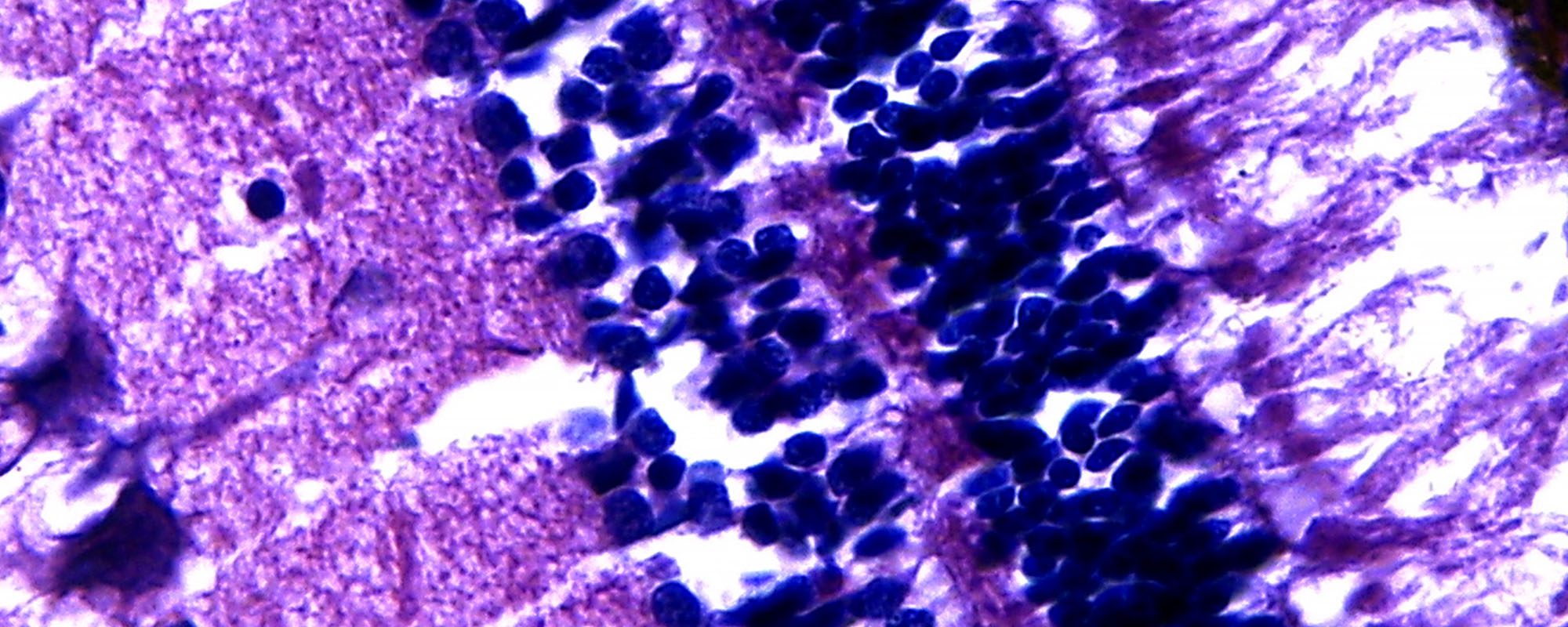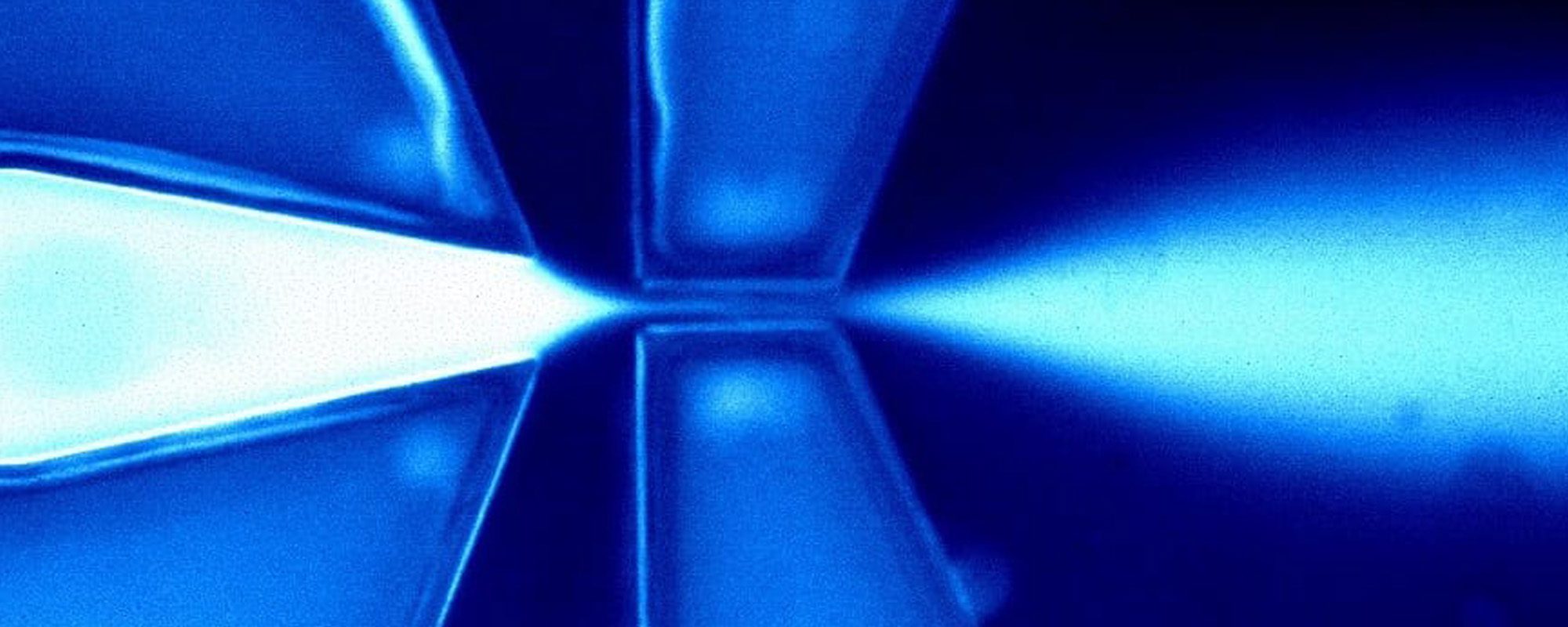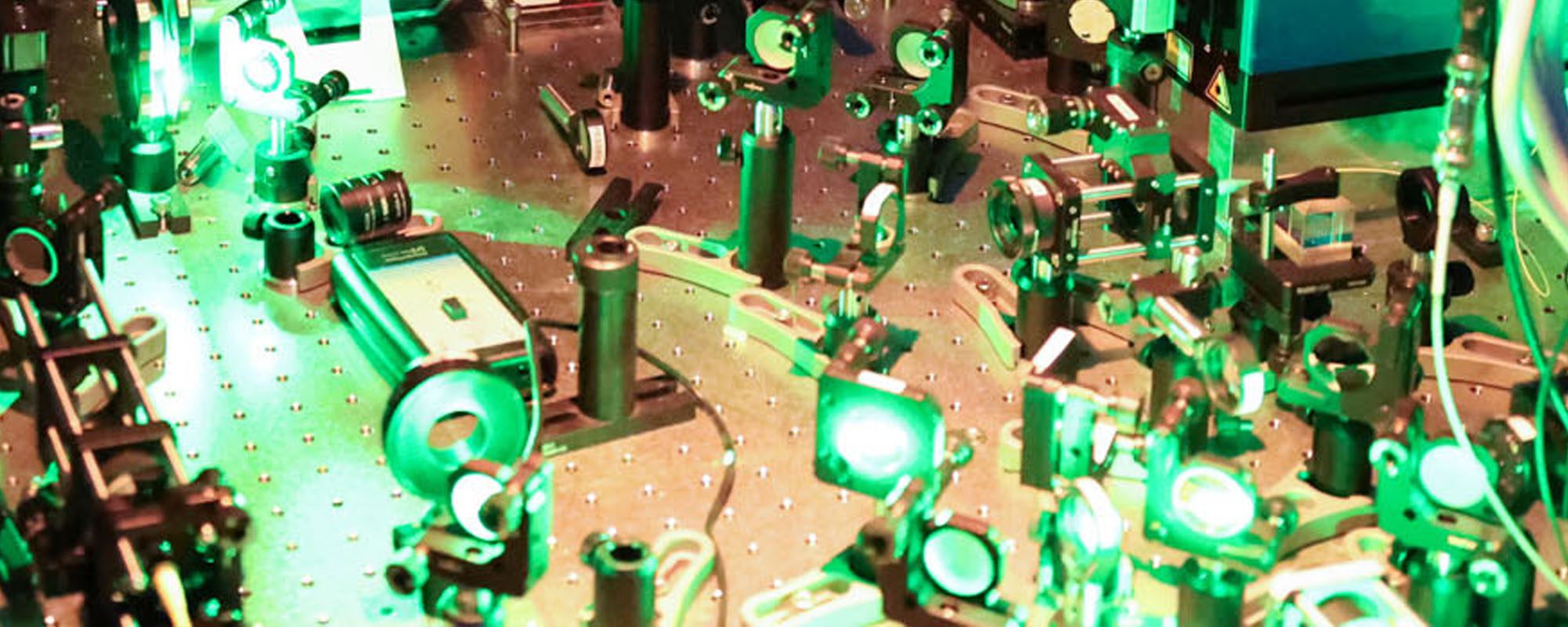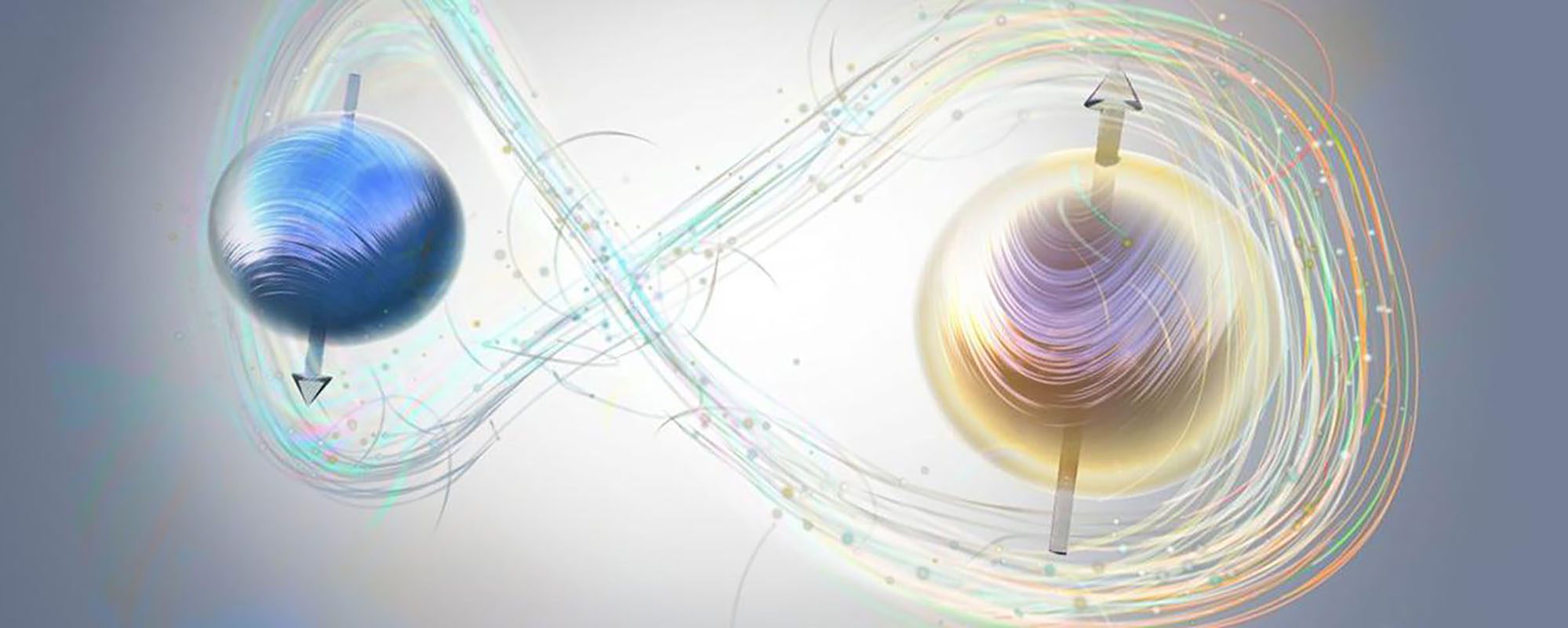Graduate Student Experience
The interdisciplinary nature of applied physics allows you to enroll in courses offered by departments throughout the university, including physics, chemistry, biological sciences, astronomy, electrical and computer engineering, computer science, mathematics and materials science. You can also take courses in a variety of nonscientific topics such as music, business and foreign languages.
Curriculum
A student’s core curriculum must include courses that provide a basic understanding of experimental physics and that lead to competence in the following five major areas of study: applied mathematics, classical mechanics, electrodynamics, statistical mechanics, and quantum mechanics.
The advanced experimental laboratory course is required of all Ph.D. students. A student normally takes from 16 to 22 credit hours of core coursework to establish the requisite competence, completing the necessary courses usually by the end of the second term of study. More details: Degree Requirements.
During the first four terms, students also take classes in another scientific or engineering discipline that is their chosen minor. Additionally, students may take advantage of courses from across the campus to broaden their knowledge, explore areas of interest from other disciplines, and to gain further knowledge to assist in their thesis research. Some students continue to enroll in courses for their entire stay as graduate students, while most begin to concentrate solely on thesis research during their third year in the program.
For a complete listing of courses offered at Cornell, please consult Cornell University Registrar: Courses of Study.
Strategic Research Areas
Although most students join the research group of a faculty member in the graduate field of applied physics, you may also join a group outside the field – a reflection of the tremendous flexibility available to you at Cornell – and begin your thesis research by the end of the first academic year. Most students complete the program under their original faculty supervisor, but if you change research groups, the decision is subject only to the agreement of a new thesis supervisor.
You may pursue thesis research in any one of several broad areas listed below – areas of strength for our field – or choose any other research topic under investigation by our graduate field where the principles of physics are applied.
Qualifying Exam Replaced With Coursework Plan
The School of Applied and Engineering Physics has replaced their high-stakes written qualifying exam with a core coursework plan, because performance on the written qualifying exam was found to correlate strongly with GRE performance, and was neither correlated with nor a good predictor of successfully completing the Ph.D. program.
About the Faculty
There are 18 core faculty members in the School of Applied and Engineering Physics: Core Faculty. Additionally, there are more than 20 other graduate field faculty members from departments outside our school that comprise the applied physics field faculty: Graduate Field Faculty.
This large faculty – engaged in many research projects with federal, state or corporate sponsors – makes it possible for applied physics students to choose thesis research topics from many different areas. While each student becomes an individual investigator responsible for an independent research project, interactive and collaborative research programs and shared research facilities are hallmarks of advanced study at Cornell.
The majority of the faculty members in the field participate in one or more of Cornell’s numerous research centers and programs, and most graduate students in applied physics make extensive use of the research facilities maintained by these centers.
Ph.D. Financial Support
Students in good standing in the applied physics Ph.D. program generally receive full support during their graduate studies. This includes tuition plus a stipend for both the academic year and the summer. Support may be in the form of fellowships, teaching assistantships or research assistantships that are available through the Graduate School, the field of applied physics, corporations and government agencies.
Application for financial aid is made at the same time as application for admission. Every effort is made to notify students of admission decisions by the end of February. Cornell fellowship awardees are also typically notified by this time.
-
Fellowships
Fellowships usually provide a generous stipend and full tuition. Cornell fellowships awarded to applied physics students during their first one or two years of study are based on scholastic ability and promise of achievement.
Other fellowships are awarded by the field of applied physics, Cornell research centers, corporations and government agencies. Corporate and government fellowships provide a generous and prestigious source of support for applied physics students, and applicants are encouraged to apply for these outside fellowships.
-
Teaching Assistantships
Teaching assistantships are normally awarded to first-year applied physics students on the basis of their scholastic records and interests.
Teaching assistants are responsible for teaching and related activities, and are compensated with a stipend for the academic year and full tuition.
-
Graduate Research Assistantships
Graduate research assistantships (GRAs), which are provided by government- or corporate-sponsored research programs, are, along with fellowships, the standard form of support for students after their first academic year of study (although GRAs may be offered earlier).
Students selected for GRAs receive full tuition and a stipend for the academic year and the summer. They are required to work with a research group on specific projects; their thesis research topic eventually develops as a result of these activities.
Housing
A variety of housing options are available. Some students live on campus, others rent apartments or join cooperative houses in the city of Ithaca, and others choose to live in the surrounding towns.
On-campus housing for single students includes university apartments, small residences, and residence halls. These accommodations offer comfortable multinational atmospheres for study, recreation, and socializing. Family housing in culturally diverse university apartment complexes is available on the outskirts of campus. There are a variety of off-campus housing options.
Cornell’s Residential Life page provides information on, and links to on-campus and off-campus housing options.
Contact Us
-
Director of Graduate Studies
Professor Jeff Moses
Clark Hall, Room 223
607-255-6704
moses@cornell.edu -
Academic Program Administrator (M.S. and Ph.D.)
Elizabeth Bentz
Clark Hall, Room 261
607-255-6537
eb843@cornell.edu
